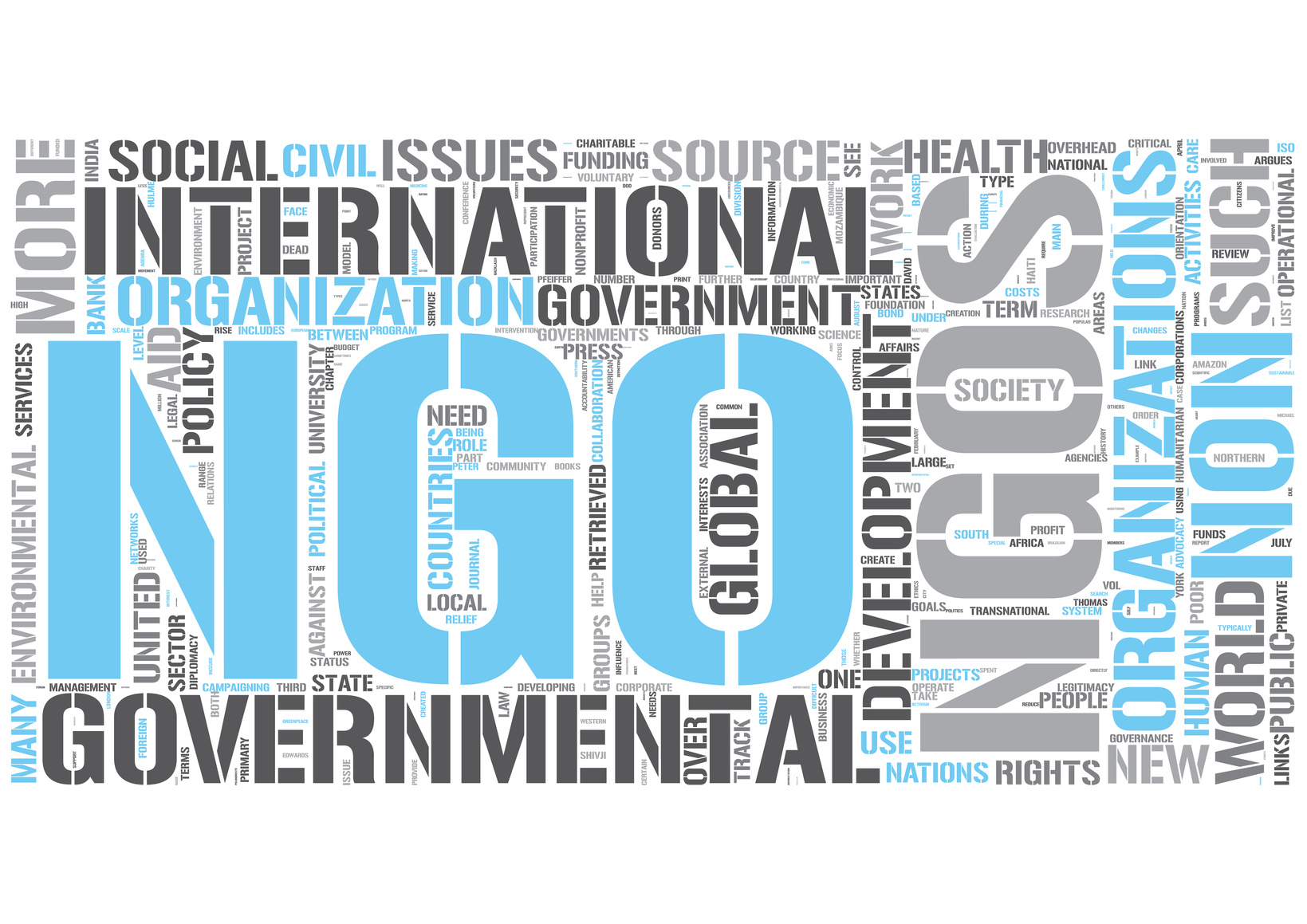The past five decades have witnessed the difficult problems encountered in providing health care services to our poor people, the majority of who live in more than half-a-million villages and in the proliferating slums of our cities. Charitable and voluntary organisations since time immemorial have been contributing significantly towards the health care of the community.
There are many kinds of Non-Governmental Organisations (NGOs) engaged in working towards the improvement of the social, economic, environmental and political conditions of the country. They include citizens’ associations, professional societies, foundations, some universities and research centers, and networks of experts or institutions.
With the passage of time, Non-Governmental Organisations (NGOs) have equipped themselves adequately and come up enthusiastically in providing services like relief to the blind, the disabled and disadvantaged and helping the government in mother and child health care, including family planning programmes.
ADVERTISEMENTS:
The National Population Policy (NPP) 2000 and National Health Policy (NHP) 2002, states that there should be greater involvement of NGOs in the implementation of different health and family welfare programmes in the country.
There is a wide spectrum of Environmental NGOs categorical in terms of their specific fields, levels of operation and the extent to which they work to influence government. There are some groups which lobby for more stringent legislation and work to influence and inform public officials.
Other groups specialize in research, training, public education, information dissemination, acquisition and management of protected areas, or convening of stakeholders in environmental conflicts. There are groups involved in urban-based educational programmes while others focus on ‘hands-on’ rural development at the grassroots level.
ADVERTISEMENTS:
WWF India was the first NGO in India to promote nature conservation on a nationwide basis at a time when this was regarded as an eccentric elitist whim. Through its Conservation Action Support Programme (CASP), WWF India supports grass-roots level activities taken up by the smaller NGOs. Since 1984, WWF India has been a part of the Environmental Information System (ENVIS) of the Ministry of Environment and Forests.
The Spectrum of ‘Missions’ as Provided By the Different Listed NGOs Ranges from:
i. Promoting environmental education
ii. Conducting awareness camps
ADVERTISEMENTS:
iii. Safeguarding environment through social mobilization and community participation
iv. Biodiversity and Wildlife conservation
v. Promotion of renewable energy
vi. Various other research activities and movements

